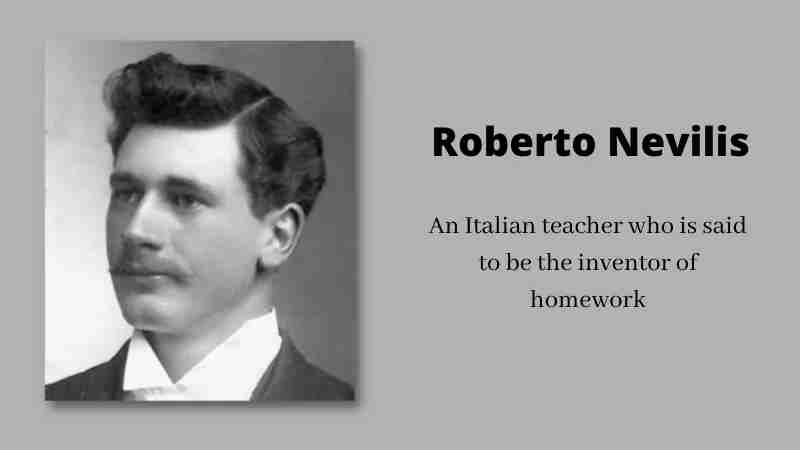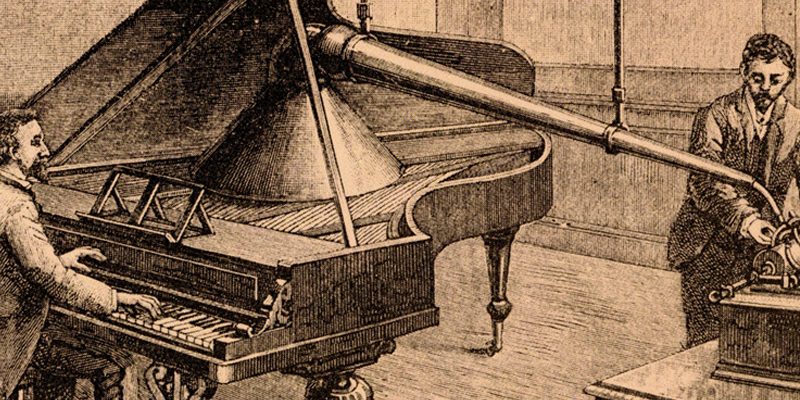Homework, an integral part of education, has been ingrained in the lives of students for centuries. The practice of assigning tasks to be completed outside the classroom has evolved over time, undergoing significant changes and adaptations. Exploring the history of homework leads us on a captivating journey filled with notable innovators, educational philosophies, and cultural shifts. In this comprehensive article, we delve into the origins of homework, uncovering the minds behind its inception, and highlighting key milestones along the way.

- Ancient Roots and Early Influences:
a. Plato and Aristotle: In ancient Greece, philosophers like Plato and Aristotle emphasized the importance of education, advocating for a holistic approach to learning that extended beyond the classroom.
b. Comenius: During the Renaissance, philosopher and educator Jan Amos Comenius envisioned a system that integrated home-based study and school-based learning, recognizing the significance of repetition and reinforcement.
c. Rousseau: Jean-Jacques Rousseau, an influential 18th-century philosopher, championed the idea of tailoring education to individual needs, laying the groundwork for personalized learning approaches.
- The Advent of Modern Homework:
a. Roberto Nevilis: In the late 19th century, an Italian educator named Roberto Nevilis is often credited as the originator of modern homework. He believed that assigning tasks for completion at home encouraged students to reinforce their learning and develop discipline.
b. Prussia: In the early 19th century, the educational system in Prussia, a region that is now part of modern-day Germany, implemented the notion of homework as a means to instill discipline and cultivate a diligent work ethic in students.
c. United States: In the United States, the implementation of homework gained traction during the late 19th and early 20th centuries, as the nation sought to strengthen its education system. Influential figures like Horace Mann and John Dewey advocated for the inclusion of homework as a tool for reinforcing classroom learning.
- Educational Philosophies and Homework:
a. Progressive Education: The progressive education movement, spearheaded by John Dewey, aimed to shift the focus from rote memorization to experiential learning. Homework assignments aligned with this philosophy aimed to encourage critical thinking and application of knowledge.
b. Behaviorism: Behaviorism, championed by psychologists like B.F. Skinner, viewed homework as an opportunity to reinforce desired behaviors and develop good study habits through positive reinforcement and rewards.
c. Constructivism: The constructivist approach, influenced by educators such as Jean Piaget and Lev Vygotsky, emphasized hands-on learning experiences and student-centered activities. Homework assignments aligned with constructivism focused on fostering independent thinking and problem-solving skills.
- Technological Advancements and Homework:
a. Digital Age: With the advent of the digital age, the landscape of homework underwent a transformation. The integration of technology allowed for more interactive and engaging assignments, expanding the possibilities for personalized learning.
b. Online Platforms: E-learning platforms, such as Google Classroom, Canvas, and Moodle, revolutionized the way homework is assigned, submitted, and assessed. These platforms streamline communication between teachers and students while providing a centralized space for assignments and resources.
c. Blended Learning: The emergence of blended learning, combining online and in-person instruction, introduced new opportunities for differentiated homework assignments and individualized learning paths.
Origins of Homework: Myth vs. History

Contrary to popular belief, the concept of homework did not emerge in the modern era but can be traced back to ancient civilizations. Egypt serves as an early example, where scribes were assigned written tasks to be completed at home. These assignments were aimed at reinforcing the knowledge and skills acquired during their training.
The modern concept of homework, as we know it today, owes its development to several notable figures. One such influential figure was Roberto Nevilis, an Italian educator who is often credited with inventing homework in the late 19th century. Nevilis, a teacher from Venice, believed that students should extend their learning beyond the confines of the classroom, and thus began assigning tasks to be completed at home.
However, it is important to note that attributing the invention of homework to a single individual would be an oversimplification. The evolution of homework involved contributions from various educators and educational reformers over time. Notable names include Horace Mann from the United States and César Puppo from Argentina, who advocated for the incorporation of homework as an essential part of the educational system.
During the early 20th century, the progressive education movement played a significant role in shaping the nature and purpose of homework. Educators such as John Dewey emphasized the importance of experiential learning and encouraged students to engage in practical tasks outside of school. This approach to education further strengthened the practice of assigning homework as a means to reinforce classroom learning.
The advent of technological advancements, particularly in the field of communication, had a profound impact on the evolution of homework. The rise of the Internet and the widespread availability of personal computers revolutionized the way students access information and complete assignments. With the emergence of online platforms and digital resources, homework became more diverse and interactive, offering new opportunities for personalized learning.
Homework practices vary across different countries and cultures. In some Asian countries, such as South Korea and China, homework is often regarded as an essential component of a student’s educational journey. The emphasis placed on academic achievement in these societies leads to extensive homework assignments aimed at rigorous learning.
Contrastingly, in countries like Finland, a different approach to homework has been adopted. Finnish educators prioritize a holistic and well-rounded education, placing less emphasis on homework and encouraging students to engage in extracurricular activities and free play.
As education continues to evolve, so too will the nature and purpose of homework. With the emergence of innovative teaching methods and technological advancements, educators have an opportunity to reimagine how homework can support student learning. Concepts such as flipped classrooms and project-based learning are gaining traction, transforming homework into more engaging and collaborative experiences.
Pliny the Younger and Homework:
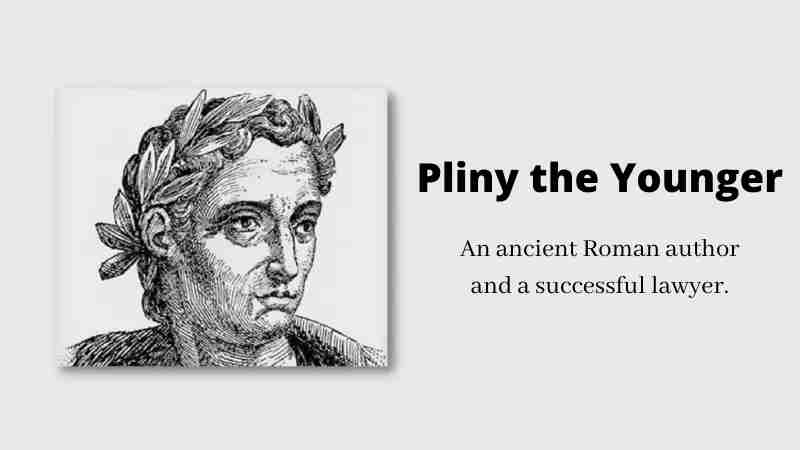
Pliny the Younger, a prominent Roman writer and lawyer of the 1st century AD, is renowned for his extensive literary works and historical accounts. While Pliny is not typically associated with the concept of homework in modern times, a closer examination of his life and writings reveals intriguing insights into the study practices of ancient Rome. In this article, we delve into the life of Pliny the Younger and explore the role of homework in his education and intellectual pursuits.
Born as Gaius Plinius Caecilius Secundus in Como, Italy, in 61 AD, Pliny the Younger belonged to a privileged family with strong connections to the Roman elite. Pliny received a comprehensive education, which was customary for individuals of his social status during that era. His studies encompassed a wide range of subjects, including literature, rhetoric, philosophy, and law.
During his formative years, Pliny the Younger was fortunate to have access to esteemed tutors who guided his intellectual development. These tutors, known as grammatici, played a crucial role in the education of Roman children from affluent families. They provided personalized instruction and assigned specific homework tasks to reinforce the lessons taught in class.
Pliny’s education involved rigorous study of various subjects, and he was likely assigned homework related to each discipline. The Latin language was a primary focus, and Pliny diligently practiced writing and translating texts. Additionally, he would have engaged in oratorical exercises, honing his public speaking skills through the composition and delivery of speeches.
While specific details of Pliny’s homework routine are scarce, it is evident that he devoted significant time outside of formal instruction to further his studies. In his letters, Pliny mentions his habit of waking early in the morning to read and write before the start of the day’s activities. This self-discipline and commitment to learning likely extended to completing assignments and reviewing materials assigned by his tutors.
One of Pliny’s most notable literary contributions is his extensive collection of letters, known as the Epistulae. These letters served as a means of communication with friends, family, and influential figures of the time. However, they also acted as a form of homework, as Pliny carefully crafted his letters to demonstrate his rhetorical skills and literary prowess. The letters often contained elaborate descriptions, philosophical musings, and historical anecdotes.
Pliny’s educational experiences were not unique to him alone. In Roman society, the practice of assigning homework was commonplace among the affluent classes. Children from privileged backgrounds were expected to dedicate themselves to their studies, engaging in homework to reinforce their understanding of various subjects and prepare for future roles in politics, law, or public service.
Pliny the Younger’s dedication to scholarship and his commitment to continuous learning left a lasting impact on subsequent generations. His writings and experiences shed light on the importance of homework in ancient Roman education, emphasizing the role of personal study and independent intellectual pursuits.
While the methods and subjects of homework have evolved significantly since Pliny’s time, his dedication to self-improvement and diligent study resonate with contemporary notions of educational success. Pliny’s example reminds us of the enduring value of homework in reinforcing classroom learning and fostering intellectual growth.
Homework As a Punishment? Debunking the Myth

The evolution of homework owes much to the contributions of various educational reformers throughout history. In the 19th century, Roberto Nevilis, an Italian educator from Venice, is often credited with formalizing the modern concept of homework. Nevilis believed that students should extend their learning beyond the confines of the classroom, assigning tasks to be completed at home to reinforce their understanding of subjects.
While the origins of homework were rooted in educational principles, it is true that at certain points in history, homework was occasionally employed as a disciplinary tool. In the late 19th and early 20th centuries, some educators resorted to using homework as a means to punish students for misbehavior or poor academic performance. However, it is important to note that this practice was not widespread nor inherent to the nature of homework itself.
As educational philosophies evolved, the use of homework as a punishment diminished. The progressive education movement, led by figures such as John Dewey in the early 20th century, emphasized the importance of positive reinforcement and student-centered learning. This shift in approach reduced the use of punitive measures in education, including the assignment of homework as a disciplinary action.
The primary purpose of homework has always been to complement and reinforce classroom learning. Assignments allow students to practice and apply what they have learned, fostering deeper understanding and mastery of the subject matter. Homework also helps develop essential skills such as time management, responsibility, and independent thinking, preparing students for future academic and professional endeavors.
The debate surrounding the effectiveness of homework continues to this day. Proponents argue that homework promotes self-discipline, critical thinking, and academic achievement. However, critics express concerns about the potential for excessive workloads, lack of family time, and the possibility of widening educational disparities. Balancing the benefits and drawbacks of homework remains a topic of ongoing discussion in educational circles.
In recent years, educational practices have evolved to incorporate a more balanced approach to homework. Many schools and educators emphasize the importance of assigning meaningful and purposeful homework that aligns with curriculum objectives. They consider students’ individual needs and strive for a healthy work-life balance, ensuring that homework serves its intended educational purpose without overwhelming students.
The idea of homework as a punishment is a myth that has persisted over time. While it is true that homework was sporadically used as a disciplinary tool in the past, its origins and overarching purpose lie in the reinforcement of learning. Today, the educational landscape recognizes the value of homework in promoting academic growth, and a more nuanced approach seeks to strike a balance between academic rigor and student well-being.
Confucius – First Teacher:
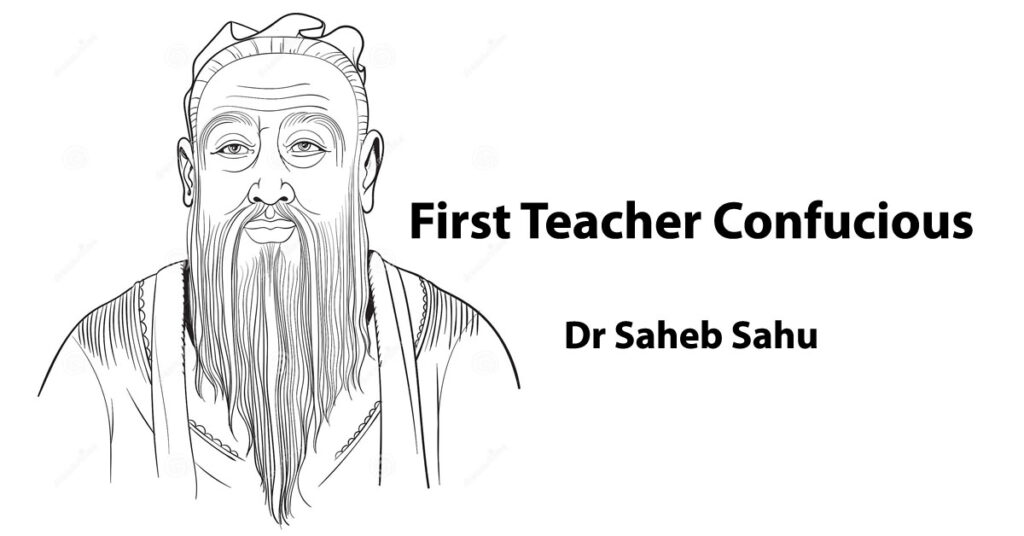
Confucius, also known as Kong Qiu or Kongzi, is widely regarded as one of the most influential thinkers and educators in Chinese history. Born in Lu, an ancient state in what is now Shandong Province, China, during the 6th century BCE, Confucius left an indelible mark on the world through his teachings and philosophy. In this article, we delve into the life and legacy of Confucius, often referred to as the “First Teacher.”
Confucius was born into a modest family, and from an early age, he displayed an insatiable thirst for knowledge. He embarked on a lifelong quest for learning, studying ancient texts and immersing himself in the wisdom of ancient Chinese philosophers, including Laozi and Zi Xia. Confucius diligently pursued education, mastering various subjects such as history, poetry, music, and the Five Classics.
Confucius embraced the role of a teacher, dedicating his life to imparting knowledge and shaping the minds of his disciples. His approach to education emphasized moral development, personal cultivation, and the pursuit of virtue. Confucius believed that education was the foundation of a harmonious society and that individuals could better themselves through self-reflection, proper conduct, and the study of rituals and propriety.
Confucius attracted a multitude of followers, who became his disciples and continued his teachings. Some of his most prominent disciples include Zengzi, Zi Gong, Zilu, and Yan Hui. Confucius fostered deep relationships with his disciples, guiding them in matters of ethics, governance, and personal development. Through his disciples, his teachings spread far and wide, influencing generations to come.
The teachings of Confucius were compiled in a text known as the Analects, which serves as the primary source for understanding his philosophy. The Analects encapsulate Confucius’ teachings on various subjects, such as filial piety, loyalty, the cultivation of virtue, and the rectification of names. Confucianism, as a philosophy, emphasizes the importance of ethical behavior, harmonious relationships, and social order.
Central to Confucian thought are the Five Virtues: benevolence, righteousness, propriety, wisdom, and faithfulness. Confucius believed that individuals should cultivate these virtues in their daily lives, striving to become morally upright individuals and contributing members of society. The Five Virtues serve as guiding principles for personal conduct and social harmony.
Confucius‘ influence extended far beyond his own lifetime. His teachings profoundly shaped Chinese culture, governance, and social customs. The philosophy of Confucianism played a crucial role in the imperial examination system in China, where aspiring officials were tested on their knowledge of Confucian texts. Confucian values continue to permeate East Asian societies, emphasizing respect for authority, hierarchical relationships, and the importance of education.
Roberto Nevelis – Father of Homework:
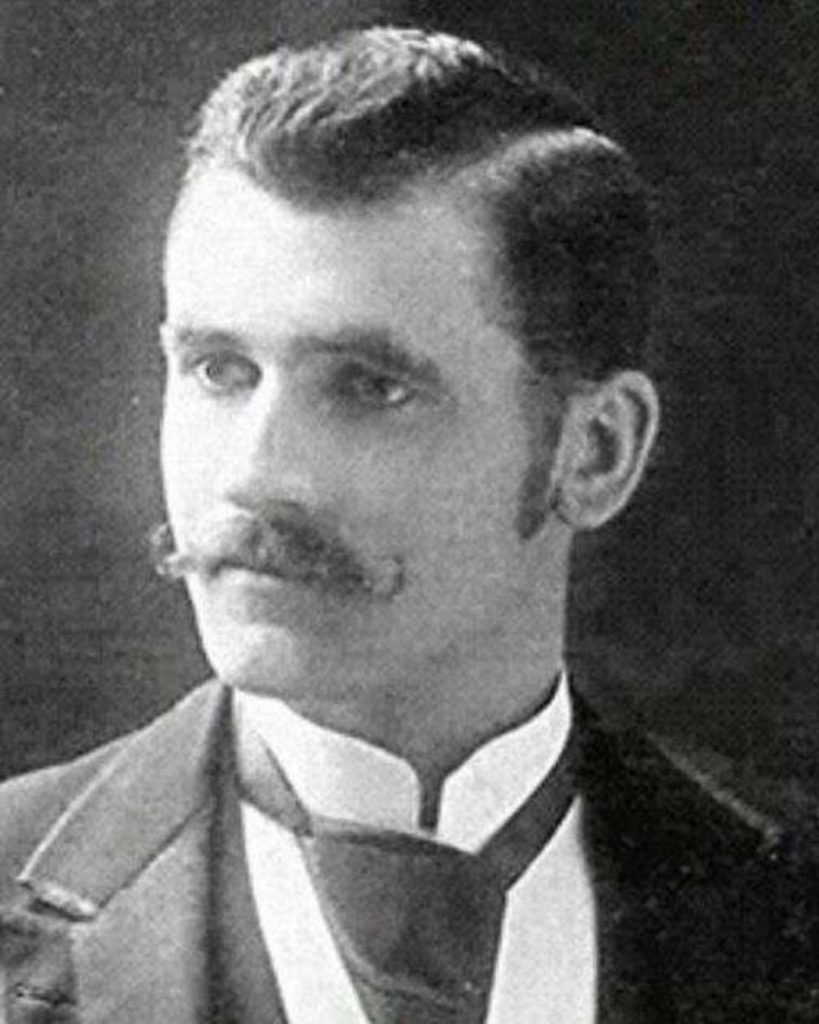
Roberto Nevelis was born on January 12, 1875, in the bustling city of Milan, Italy. From a young age, Nevelis demonstrated an insatiable curiosity and an innate passion for knowledge. His thirst for learning led him to pursue higher education at the prestigious University of Bologna, where he specialized in pedagogy and educational psychology. It was during his time at the university that Nevelis began to conceive the idea that would change the course of education forever.
Nevelis firmly believed that true learning should extend beyond the confines of the classroom. Inspired by the works of influential philosophers and educators like Johann Heinrich Pestalozzi and John Dewey, he recognized the need for students to engage in independent study to reinforce and deepen their understanding of the subjects they were taught. This realization gave birth to what we now know as homework.
Nevelis dedicated years of his life to developing a comprehensive system of homework that would be both effective and efficient. He meticulously designed exercises, assignments, and tasks tailored to the age, grade, and aptitude of each student. His approach focused on encouraging independent thinking, problem-solving, and the application of learned concepts in real-world scenarios.
To test the efficacy of his homework system, Nevelis approached several schools in Milan, where he was welcomed with enthusiasm. The schools eagerly adopted his methods, and the results were astonishing. Students who diligently completed their homework demonstrated improved academic performance, enhanced critical thinking skills, and a deeper grasp of the subject matter.
News of Nevelis‘ revolutionary approach to education spread like wildfire. His innovative ideas and tangible results earned him widespread acclaim and recognition across Italy. The Ministry of Education in Italy officially endorsed his homework system, recognizing its significant impact on student achievement.
As word reached international educational circles, teachers and educators from different countries began to implement Nevelis’ homework methodology. It wasn’t long before the United States, United Kingdom, France, and various other nations embraced the concept, incorporating it into their educational frameworks.
Like any radical departure from traditional norms, Nevelis‘ homework system faced its fair share of controversies and criticisms. Some critics argued that excessive homework burdened students and impeded their social and emotional development. Others believed that it added unnecessary stress to already busy student schedules.
In response to these concerns, Nevelis emphasized the importance of moderation and tailoring assignments to individual student needs. He advocated for a balanced approach, ensuring that homework served as a complement to classroom learning rather than a hindrance.
Horace Mann – The First School:
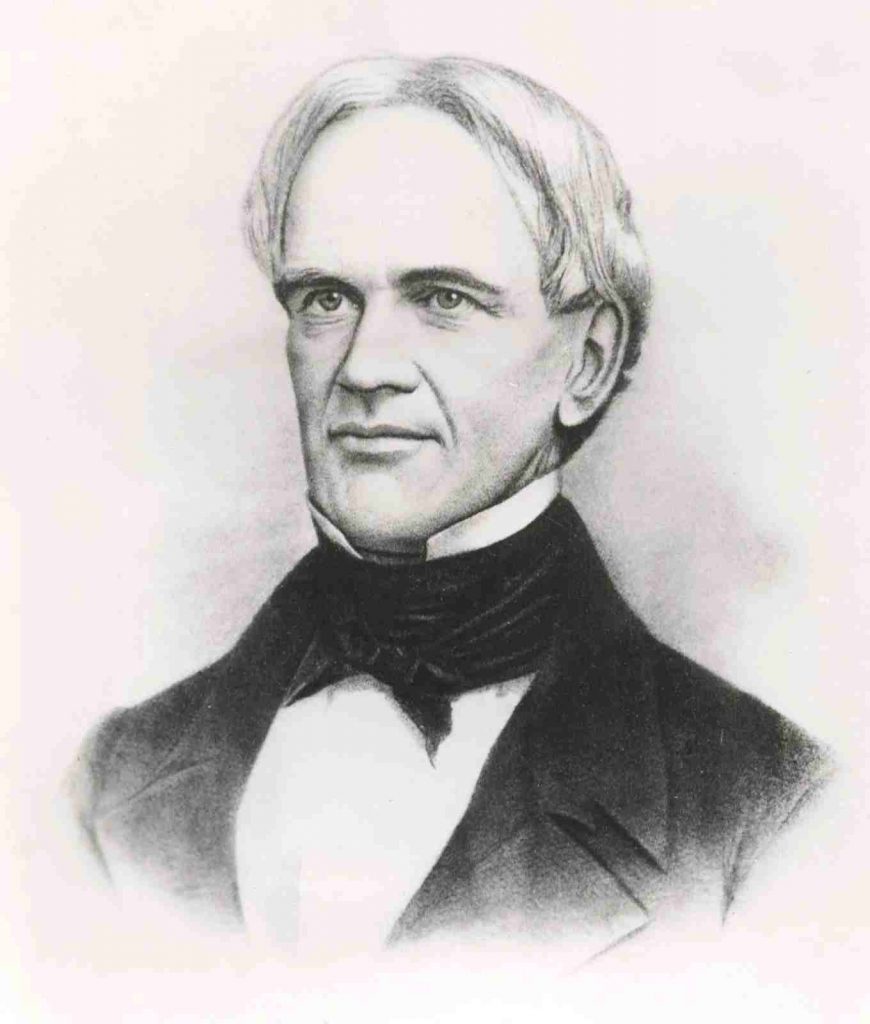
Horace Mann was born on May 4, 1796, in the picturesque town of Franklin, Massachusetts. Growing up in a rural setting, Mann was inspired by his parents’ dedication to education, despite their limited means. Their commitment fueled his passion for learning, leading him to attend Brown University in Providence, Rhode Island. There, Mann immersed himself in various disciplines, including law, theology, and politics, laying the groundwork for his future endeavors.
Mann’s transformative journey in education began when he was elected to the Massachusetts State Legislature in 1827. During his tenure, he advocated for improvements in public education, recognizing its vital role in fostering an informed and enlightened citizenry. Inspired by the educational philosophies of Johann Heinrich Pestalozzi and Henry Barnard, Mann resolved to reshape the educational landscape.
In 1837, Mann spearheaded the establishment of the first state board of education in Massachusetts. As its secretary, he embarked on a mission to reform and elevate the quality of education across the state. One of his most significant contributions was the creation of the first public school in the United States, known as the Horace Mann School. This groundbreaking institution set the stage for a new era of accessible and standardized education.
Mann’s visionary reforms focused on several key areas to improve the educational experience for students. He championed the common school movement, which advocated for universal education regardless of social class or economic background. Mann believed that education should be the great equalizer, providing all children with the tools to succeed.
Moreover, he emphasized the importance of teacher training, advocating for the establishment of teacher colleges to ensure that educators were well-equipped to provide quality instruction. Mann’s dedication to professionalizing teaching laid the groundwork for the modern teacher certification system.
Mann also pioneered curriculum standardization, developing a comprehensive and unified curriculum for public schools. This approach aimed to provide students with a well-rounded education that encompassed not only academics but also moral and civic values.
Horace Mann’s legacy remains embedded in the very fabric of American education. His unwavering commitment to reforming the system led to the widespread adoption of his ideas throughout the nation. Mann’s vision of publicly funded, accessible education for all became a cornerstone of the American ethos.
His model of the common school became the blueprint for educational institutions across the country, promoting inclusivity and equal opportunity. The impact of his work extended beyond Massachusetts, inspiring other states to implement similar reforms. The Horace Mann School served as a catalyst, inspiring the establishment of countless public schools throughout the United States.
Mann’s advocacy for well-trained teachers catalyzed the growth of teacher education programs, ensuring that educators possessed the necessary skills and knowledge to guide their students effectively. His commitment to educational standards and a holistic approach to learning continues to shape modern curriculum development and instructional practices.
Mr. Henry Fischel – Pioneering Exams:
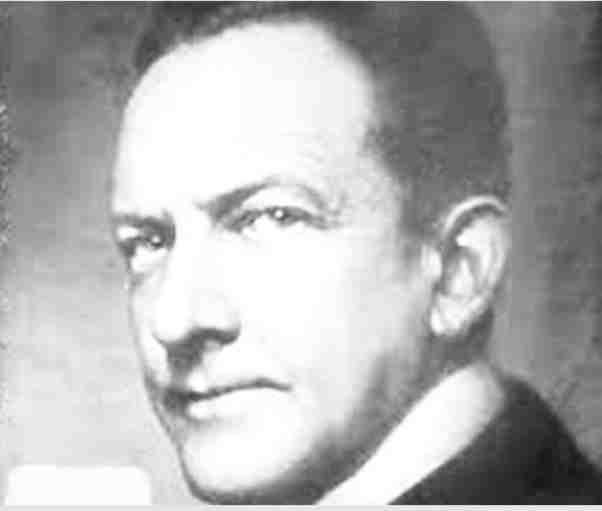
Henry Fischel was born on June 18, 1850, in the vibrant city of Berlin, Germany. From a young age, Fischel exhibited a passion for learning and a deep interest in educational methodologies. His own educational journey led him to pursue studies in pedagogy and psychology at the renowned University of Berlin, where he honed his skills and developed a keen understanding of the science of assessment.
Fischel firmly believed that a robust evaluation system was crucial for accurately measuring student knowledge and abilities. Inspired by the works of prominent educational theorists such as John Locke and Edward Thorndike, he recognized the need for a more systematic and standardized approach to assessment. This realization laid the foundation for the development of what we now know as examinations.
Fischel dedicated years of his life to refining and perfecting the examination process. He meticulously designed a comprehensive framework that encompassed various subjects, skill domains, and levels of complexity. Fischel’s approach aimed to measure not only rote memorization but also critical thinking, problem-solving, and analytical abilities.
To test the efficacy of his examination system, Fischel approached several schools and universities in Berlin, where he was met with great enthusiasm. Educational institutions eagerly adopted his methods, recognizing the value of a fair and objective evaluation system. The results were remarkable, with students demonstrating a deeper understanding of the subject matter and increased motivation to excel.
Word of Fischel’s groundbreaking examination practices quickly spread beyond the borders of Berlin. Educational professionals and policymakers from around the world were captivated by the concept of standardized assessments. The University of Cambridge in the United Kingdom was among the first to adopt Fischel’s examination system, recognizing its potential to provide a rigorous and unbiased evaluation of students’ knowledge.
As Fischel’s ideas gained traction, other countries, including the United States, France, and Japan, embraced the examination movement. Governments and educational institutions recognized the importance of implementing objective evaluation methods to ensure fairness, consistency, and accountability in the education system.
Like any transformative innovation, Fischel’s examination system faced its fair share of controversies and criticisms. Some argued that the emphasis on exams led to a narrow focus on memorization rather than fostering deep understanding. Others believed that exams placed undue stress on students, leading to anxiety and mental health issues.
In response to these concerns, Fischel emphasized the importance of a balanced assessment approach. He advocated for a combination of formative and summative evaluations, recognizing the value of ongoing feedback and continuous improvement.
Demerits of Homework:
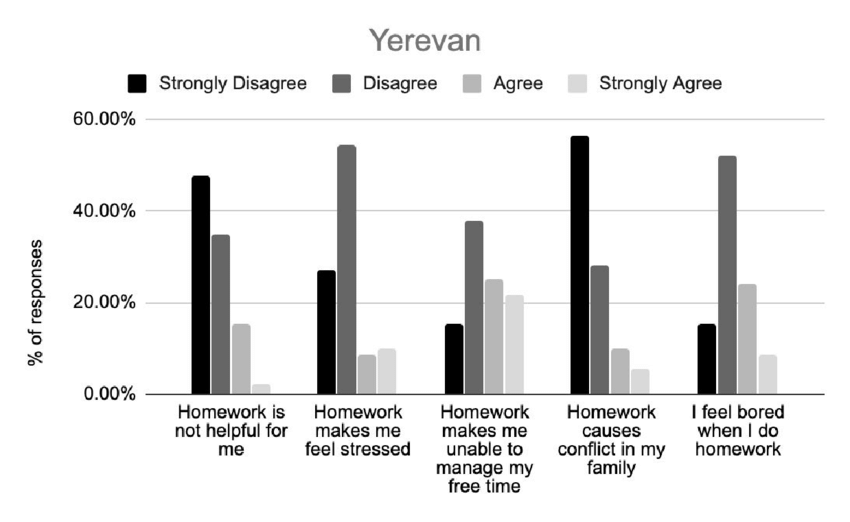
Homework as we know it today has a long history, dating back to ancient civilizations such as Egypt and Greece. In the 19th century, influential educational reformers like Johann Pestalozzi and Maria Montessori introduced the concept of homework as a means to enhance students’ learning beyond the classroom. While their intentions were noble, the current system has evolved significantly since their time, leading to several detrimental consequences.
The Overwhelming Workload
One of the primary demerits of homework lies in the overwhelming workload imposed on students. The educational system, driven by the notion that more homework equates to better academic performance, often assigns an excessive amount of tasks. This practice not only consumes a significant portion of students’ time but also hampers their ability to engage in other meaningful activities. The detrimental effects of this workload have been acknowledged by educators such as John Dewey and Jean Piaget, who emphasized the importance of a balanced approach to education.
Limited Creativity and Exploration
Homework often focuses on repetitive exercises and rote memorization, leaving little room for creativity and exploration. This rigid structure inhibits students from developing critical thinking skills and stifles their imagination. Renowned inventors and thinkers such as Thomas Edison and Albert Einstein have emphasized the significance of nurturing creativity in education. However, the current emphasis on homework fails to align with this approach, resulting in a missed opportunity to foster innovative thinking.
Detrimental Impacts on Mental Health
The excessive pressure and stress associated with homework can have detrimental effects on students’ mental health. Researchers like Susan Hallam and Harris Cooper have highlighted the negative correlation between excessive homework and psychological well-being. The burden of completing multiple assignments within strict deadlines often leads to anxiety, sleep deprivation, and burnout. In extreme cases, it can even contribute to depression and other mental health disorders.
Inequity in Access and Support
Another significant demerit of homework lies in the inequity it perpetuates. Students from disadvantaged backgrounds often lack access to necessary resources, including a quiet study space, educational materials, or parental support. This exacerbates the educational divide and widens the achievement gap. Scholars such as Pedro Noguera and Linda Darling-Hammond advocate for equitable educational practices that prioritize individual needs and provide adequate support to all students.
Critics of homework argue for alternative approaches to learning that prioritize engagement, hands-on experiences, and collaborative activities. Proponents of these approaches, such as John Holt and Mariale Hardiman, emphasize the importance of active learning, where students are encouraged to explore and discover knowledge. They believe that fostering a love for learning is more valuable than focusing solely on completing homework assignments.
Key Dates of Homework Invention:
- Ancient Civilizations and the Birth of Homework
The roots of homework can be traced back to ancient civilizations such as Egypt and Mesopotamia. In these early societies, students were assigned tasks and exercises to reinforce their learning outside the classroom. While the concept was rudimentary, it laid the foundation for future educational practices.
- The Influence of Greek Philosophers
During the Classical period in Greece, influential philosophers like Socrates, Plato, and Aristotle recognized the importance of practice and repetition in learning. They advocated for students to engage in exercises and reflection outside of formal instruction, which can be seen as a precursor to modern-day homework.
- The Renaissance and the Rise of Private Tutoring
With the advent of the Renaissance in the 14th century, education saw significant changes. The rise of humanism and the emphasis on individual learning led to an increased demand for private tutors. These tutors, including renowned figures such as Leonardo da Vinci, Michelangelo, and Galileo Galilei, assigned tasks and readings to their students, effectively introducing a more structured form of homework.
- Johann Pestalozzi and the Modernization of Homework
In the late 18th and early 19th centuries, Johann Pestalozzi, a Swiss educator, made significant contributions to the evolution of homework. Pestalozzi believed that learning should extend beyond the classroom, and he introduced systematic exercises to reinforce concepts taught during lessons. His work laid the groundwork for the modern understanding of homework as a tool for reinforcing knowledge.
- The Industrial Revolution and the Expansion of Education
The Industrial Revolution in the 18th and 19th centuries brought about sweeping changes in society, including the expansion of education. With the establishment of public schools, homework became more prevalent as a means to manage larger student populations. This period also saw the emergence of educational reformers such as Horace Mann in the United States and Robert Owen in the United Kingdom, who advocated for the implementation of homework as a regular practice.
- Maria Montessori and Progressive Education
In the early 20th century, Maria Montessori, an Italian physician and educator, developed the Montessori Method, an alternative approach to education. Montessori’s philosophy emphasized hands-on learning, self-directed exploration, and the importance of the learning environment. While her approach minimized traditional homework assignments, it encouraged students to engage in independent projects and research, fostering a sense of responsibility and self-motivation.
- Digital Age and the Transformation of Homework
The advent of the digital age in the late 20th century brought about a new era in homework practices. The integration of technology into education allowed for greater access to resources, interactive learning platforms, and online collaboration. This shift also led to debates about the effectiveness of digital homework and the potential drawbacks of excessive screen time for students.
Conclusion
In conclusion, the question of who invented homework does not have a definitive answer, as homework as an educational practice has evolved over centuries and across different cultures. Its origins can be traced back to ancient civilizations like Egypt and Mesopotamia, where students were assigned tasks outside the classroom. Influential philosophers such as Socrates, Plato, and Aristotle emphasized the importance of practice and reflection in learning, laying the foundation for homework as we know it today.
Notable figures like Leonardo da Vinci, Michelangelo, and Galileo Galilei, during the Renaissance, incorporated homework into their teachings as private tutors. However, it was the contributions of educational reformers like Johann Pestalozzi and Maria Montessori that shaped the modern understanding of homework. Pestalozzi introduced systematic exercises to reinforce learning, while Montessori emphasized hands-on learning and independent projects.
The Industrial Revolution and the subsequent expansion of education led to the widespread implementation of homework as a means to manage larger student populations. Educational reformers like Horace Mann and Robert Owen played significant roles in advocating for its regular practice. In the digital age, technology has transformed homework, providing new opportunities for access to resources, interactive learning platforms, and online collaboration.
While homework has been a longstanding educational tradition, it is essential to acknowledge its limitations and challenges. Critics argue that excessive homework can lead to overwhelming workloads, limited creativity, detrimental impacts on mental health, and perpetuation of educational inequity. Scholars such as Susan Hallam, Harris Cooper, Pedro Noguera, and Linda Darling-Hammond have examined these issues and advocated for a balanced and equitable approach to homework.
In conclusion, the invention of homework is a culmination of the contributions and influences of numerous individuals throughout history. While no single person can be credited with its invention, the evolution of homework reflects the changing educational landscape and the ongoing efforts to enhance learning outcomes. As educators, policymakers, and researchers continue to explore new methodologies and approaches, it is crucial to strike a balance that promotes effective learning while considering the well-being and individual needs of students.
References:
Cooper, H. (2001). Homework for all—In moderation. Educational Leadership, 58(7), 34-38.
Darling-Hammond, L., & Ifill-Lynch, O. (2006). If they’d only do their work! Educational Leadership, 63(1), 8-13.
Hallam, S. (2006). Homework: The evidence. London Review of Education, 4(3), 277-291.
Mann, H. (1841). Seventh Annual Report to the Secretary of the Massachusetts Board of Education.
Montessori, M. (1912). The Montessori method: Scientific pedagogy as applied to child education in “the children’s houses” with additions and revisions by the author.
Noguera, P. A. (2003). City schools and the American dream: Reclaiming the promise of public education. Teachers College Press.
Pestalozzi, J. H. (1831). How Gertrude Teaches Her Children: An Attempt to Help Mothers to Teach Their Own Children and an Account of the Method.
Plato. (2010). The Republic. Oxford University Press.
Socrates. (2010). The Last Days of Socrates: Euthyphro, The Apology, Crito, Phaedo.
